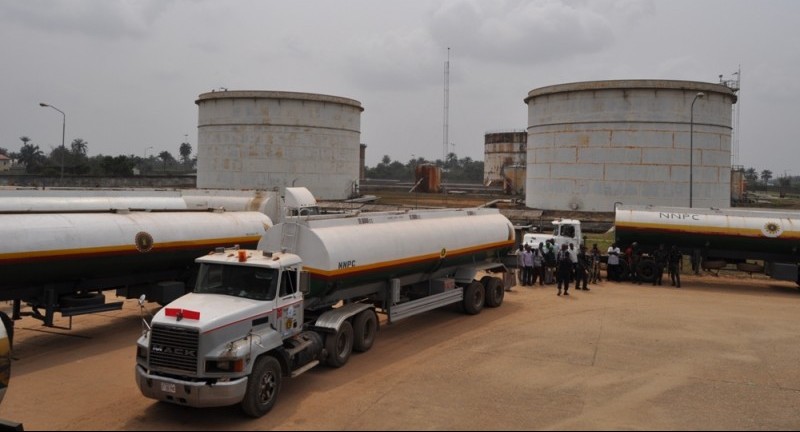- Stakeholders Agitate For Downstream Deregulation To Curb Subsidy
As private oil marketers continue to stay on the sidelines in terms of petroleum products importation, stakeholders in the industry have emphasized the need for the Federal Government to fully deregulate the downstream sub-sector of the petroleum industry.
Stakeholders which includes; Major Oil Marketers Association of Nigeria, MOMAN, Independent Petroleum Marketers Association of Nigeria, IPMAN, and Depot and Petroleum Products Marketers Association, DAPPMA, made the call, reiterating that the liberalization would pave way for a huge and more attractive investments in the sector.
Oil Marketers in Nigeria have continually emphasized the need for the government to have a re-think on the downstream oil sector deregulation, adding that without the full liberalization of the sector, the huge spectral subsidy on the importation of petroleum products will continue to haunt Nigeria’s petroleum industry.
The Chief Executive Officer/Executive Secretary, MOMAN, Mr Clement Isong, speaking on this, said there is need to tailor the downstream sector of the oil and gas industry in line with international best practices.
“As the market players grow their businesses, they will increasingly become exposed to risk management challenges and will move their capital to areas where return matches the risks.
“We recommend that government should deregulate pump prices and focus on enforcing compliance with adequate regulations on health, safety, environment and quality.” he said.
Speaking further on how the proposed deregulation will impact other aspects of the Nigerian economy, Mr Clement Isong said, “Deregulation will also enable the Nigeria Railway Corporation to lift more products from the South to other parts of the country to reduce transportation.”
The National President, IPMAN, Mr Chinedu Okoronkwo, speaking on this, said the total liberalization of the sector would attract more investment, create more jobs and reduce the pressure on foreign reserves.
Also, the Executive Secretary, DAPPMAN, Mr Olufemi Adewole, called for a full deregulation of the downstream sector of the oil and gas industry, especially with the current increase in the landing of petroleum products. Adding that, the NNPC has been the sole importer of petrol into the country for over a year.
However, in an interview with news reporters on the sidelines of the 16th Nigeria Oil and Gas conference in Abuja, Senator Garba Marafa, Chairman, Senate Committee on Petroleum Downstream, said total liberalization of the downstream sector of the petroleum industry remains the best option to salvage the Nigerian economy.

 Naira4 weeks ago
Naira4 weeks ago


 Naira4 weeks ago
Naira4 weeks ago


 Naira3 weeks ago
Naira3 weeks ago


 News4 weeks ago
News4 weeks ago
 Travel4 weeks ago
Travel4 weeks ago




 Naira4 weeks ago
Naira4 weeks ago


 Jobs3 weeks ago
Jobs3 weeks ago
 Naira3 weeks ago
Naira3 weeks ago






















